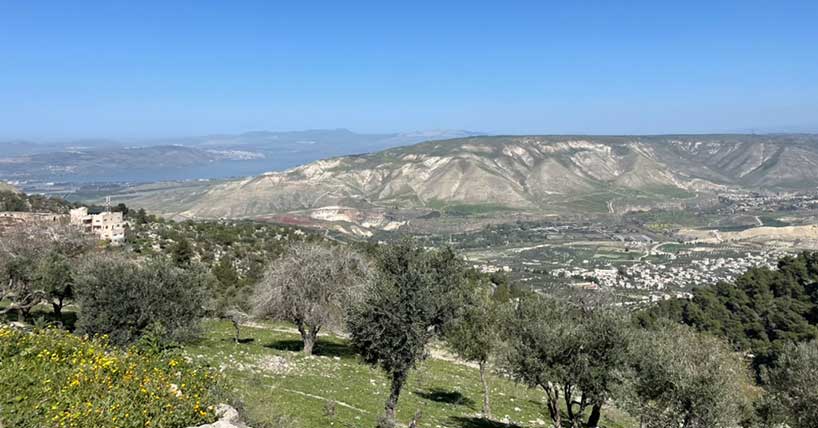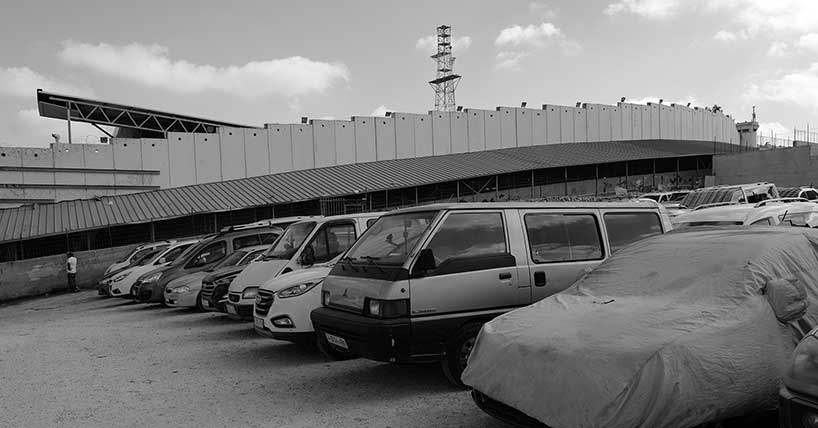Sociology Research
We explore core sociological areas of contemporary and real-world importance.
Sociology Research at Newcastle
We explore core sociological areas of contemporary and real-world importance. We also embrace the benefits of interdisciplinarity through cultivating exchanges in areas such as social anthropology, health, and the sociology of crime.
Our research agenda prioritises research aimed at making a real difference in the world. In particular, it focuses on addressing inequality, disadvantage, exclusion and social injustice.

Research expertise
Our research focuses on addressing inequality, disadvantage, exclusion and social injustice. We sustain and develop a research environment that nurtures research of the highest quality, values diverse forms of excellence, has social impact locally and globally and which makes a substantial mark in both sociology and interdisciplinary exchanges.
We are committed to producing research with a policy, practitioner and social and cultural purpose, to pursue work that is for the public good, locally, nationally, and internationally.
Examples of the kinds of impact our work is having include:
- Impacts on creativity, culture and society. Several colleagues work with creative industries and the third sector, including local small and medium-sized enterprises (SMEs), with creative arts organisations and with educational organisations for adults and for young people.
- Impacts on social welfare and public policy. This is a central impact activity pursued by different members of staff in close collaboration with both users of welfare services and organisations that advocate for, as examples, welfare reform, disability rights, and migrants’ rights and well-being.
- Impacts on practitioners and delivery of professional services, enhanced performance or ethical practice. Ongoing partnerships with practitioners and policymakers are embedded in the research of several colleagues. This includes for example in the fields of health and clinical evaluations, provided training to NHS Trusts, and working with national advocacy groups.
We are also part of an important research unit, the North East Child Poverty Commission, that is a vital component to our agenda of contributing to society by the work we do:
Research-led teaching
We offer some of the most wide-ranging teaching programmes in the sociology subject in the country as part of both undergraduate and postgraduate programmes. We are a diverse and international community of researchers and teachers.
Collaboration and interdisciplinary connections
We embrace the benefits of interdisciplinarity through cultivating exchanges in areas such as social anthropology and bioethics, alongside developing interests in the sociology of crime.
Collaboration sits at the centre of our research activity, in particular collaboration with non-academic individuals and organisations who are equal partners in the research we undertake. We have over 50 research relationships with non-academic groups across the policy, practice, NGO, and civil society spheres.
Many of these collaborations are long-standing and provide the foundation for our impact and engagement activities, which are fully integrated into all aspects of research development and activity
Our research funding
Our research is supported by funding from a broad range of bodies including:

.jpg)








.jpg)